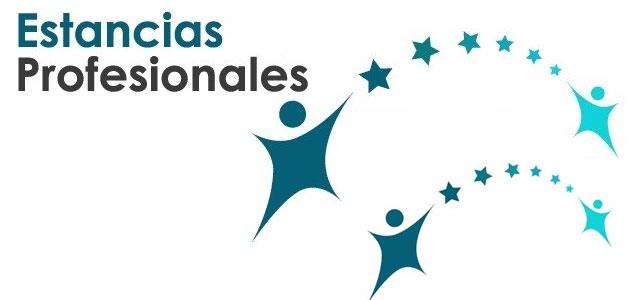
Spanish for Medical Professionals
Spanish is the national language of Spain and the second most spoken language after English. Its use has spread across the world, and currently, there are 329 million native speakers.
Learning Spanish for medical professionals is essential as there are many speakers of the language who are migrating to English speaking countries. Global migration is also frequent, and an English speaking medical professionals can find themselves moving to another country that speaks Spanish.American Medical Association report on patients with limited English backgrounds shows that over 60% speak Spanish. A rising generation medical professionals can minimize the disparity in the quality of healthcare by learning Spanish.
Benefits of Learning Spanish For Medical Professionals
Improve Quality of Patient Care
Attending to a patient even in the native language can be stressful. It is even more challenging when a native English speakers have to treat a Spanish speaking patient. It will create communication barriers that affect the diagnosis as it will be hard to understand everything a patient says even if he or she can speak some English. Patients are more comfortable with medics with whom they can freely converse. It is even difficult to communicate some of the health when the conversation includes an interpreter.
Describing detailed information on symptoms or the amount of insulin that a patient should is hard even for a skilled interpreter. Learning Spanish will remove the communication barrier and improve accuracy.
Improves employment options
Mastery of Spanish enhances employability in health care and comes with bigger economic benefits for bilingual professionals. Spanish helps to get you to an employer’s door as there is a high number of Spanish speaking patients. In addition to healthcare, many clinics and hospitals need medical translators and receptionists.
Are you a nursing student looking for the best Spanish for medical professionals writing services? Look no further! Our expert writers can help you out with your assignment today.
For those already in working in health care, learning Spanish will improve the employment options. You can improve the employment prospects by pursuing the language alongside an advanced degree such as Masters of Science in Nursing (MSN). Many employers pay extra to bilingual medical professionals and offer some incentives such as flexible working schedule to attract bilingual staff.
Increases data accuracy
Healthcare has been modernizing immensely, and we are in the era of electronic health records. However, data accuracy is still a concern at some health care facilities. Only large hospitals and clinics will have quality translation services. Smaller centers with translating service encounter issues with accuracy. When a medical practitioner who speaks both English and Spanish collects the information, it mitigates these inaccuracies and improves patient safety.
Best Ways to Learn Spanish for Medical Professionals
People learning a foreign language enroll in schools or hire a private tutor. Other take online lessons. Medical professionals have a busy schedule and may not have time for learning through traditional methods. These tips will help in fast learning of the language:
Spending more time with native speakers
This method works better than studying grammar and memorizing words. It hastens to learn because you practice what you learn by speaking to a real person who is willing to listen, teach new words and correct mistakes. You can also find a native speaker on Skype.
Create adequate learning time
Set aside a few hours daily to study Spanish. Language proficiency depends on repetition hence it is necessary to learn for many hours as you can.
Start communicating in the language
When you repeat something severally, it sticks to your mind. You will learn Spanish quicker using it for various activities that you were doing in your native language. Use the new language to read, write and listen. Watch TV, movies or series with the familiar storyline in Spanish mostly without relying on subtitles. Read at least one newspaper or article in the language a day, change electronics setting of your devices. Tune to local radio or download podcasts and write notes in the new language. Carry a dictionary or its app all the time for you to look at the meaning of new words and reading when you get free time outdoors like when you ride on a train.
Due to the growth of Hispanic immigrant population and use of the language, it is necessary to learn Spanish.

